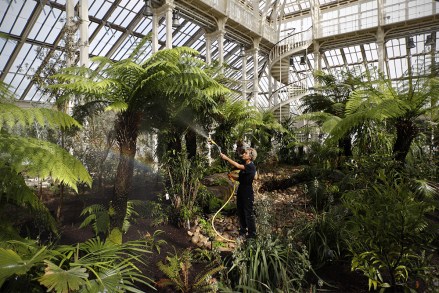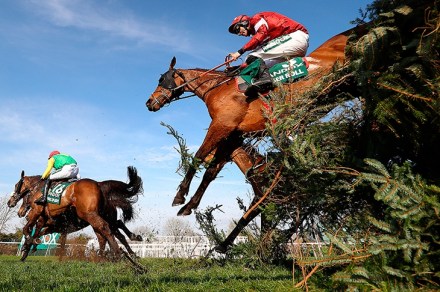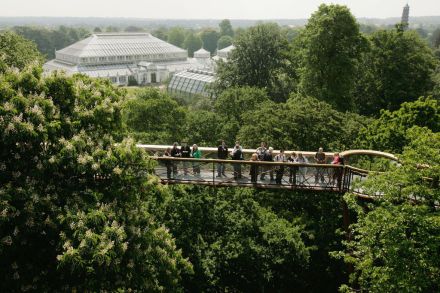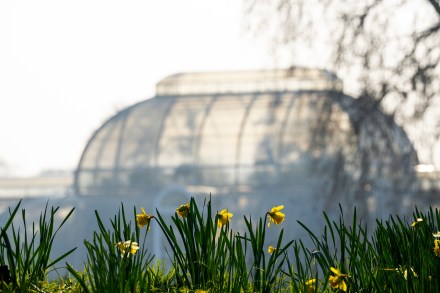Right-on Kew
We must all hurry down to the Temperate House at Kew Gardens next month to enjoy Queer Nature After Hours, an evening of drama, music, comedy, drag acts and ‘a sprinkling of queer joy’. If, like me, you have never previously been sprinkled with queer joy, here’s your chance to find out what it’s like. There will be a performance by Trans Voices as well as a chap, or maybe not a chap, called Bi-Curious George. Here’s what George will be doing: ‘Within the splendour of the Temperate House, Bi-Curious George (he/him) will broadcast immersive parody-monologues, set to soaring classical scores. The audience becomes George’s parade of beautifully queer creatures





